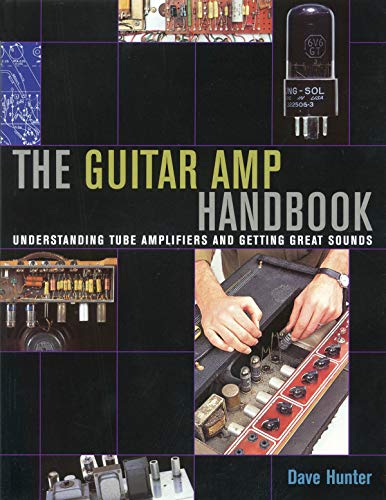- Joined
- Jul 14, 2011
- Messages
- 6
hi, wanted to get some of you knowledgeable folks thoughts/methods/plans of attack on general troubleshooting high noise floor in audio gear. I know that's a pretty general statement but from my limited understanding it seems much more difficult to begin to know where to troubleshoot or start looking in a piece of gear that is operating as it should as far as the main signal path, i.e. no distortion or noise in the signal and all controls functioning as they should, frequency sweeps are flat, appropriate gain, etc. I know that noise as far as a grounding hum can be approached by re-examining your grounding scheme throughout the power supply and audio path, but what about just self noise (hiss) being high. Where would you begin to look for the cause of this issue and how would you approach troubleshooting it with equipment? Apologies for the ignorance, but hopefully I can gain some insight from this excellent resource of people.








![Soldering Iron Kit, 120W LED Digital Advanced Solder Iron Soldering Gun kit, 110V Welding Tools, Smart Temperature Control [356℉-932℉], Extra 5pcs Tips, Auto Sleep, Temp Calibration, Orange](https://m.media-amazon.com/images/I/51sFKu9SdeL._SL500_.jpg)
























